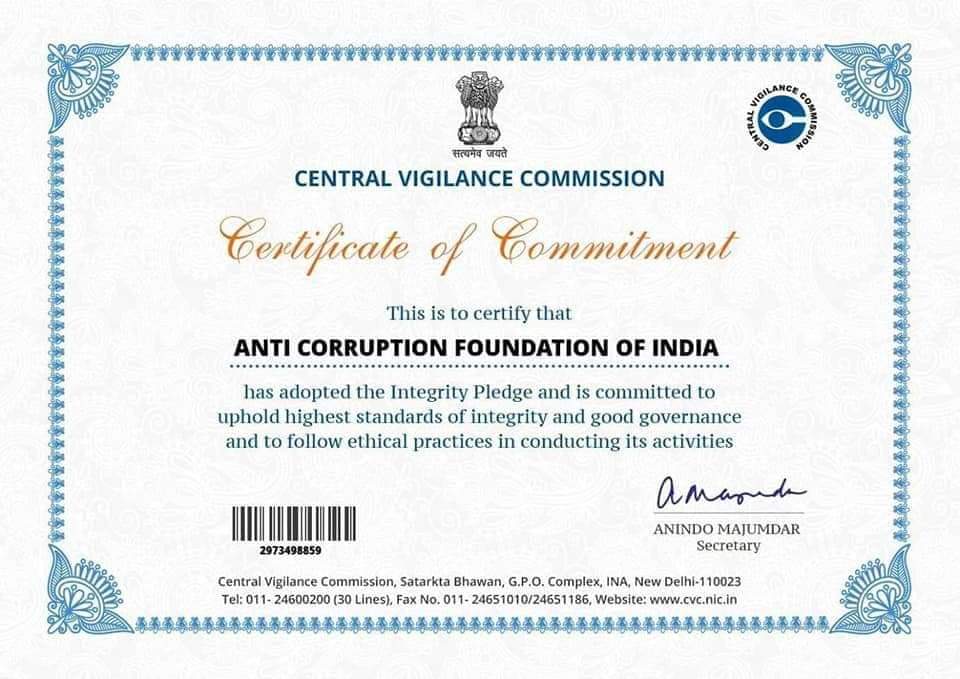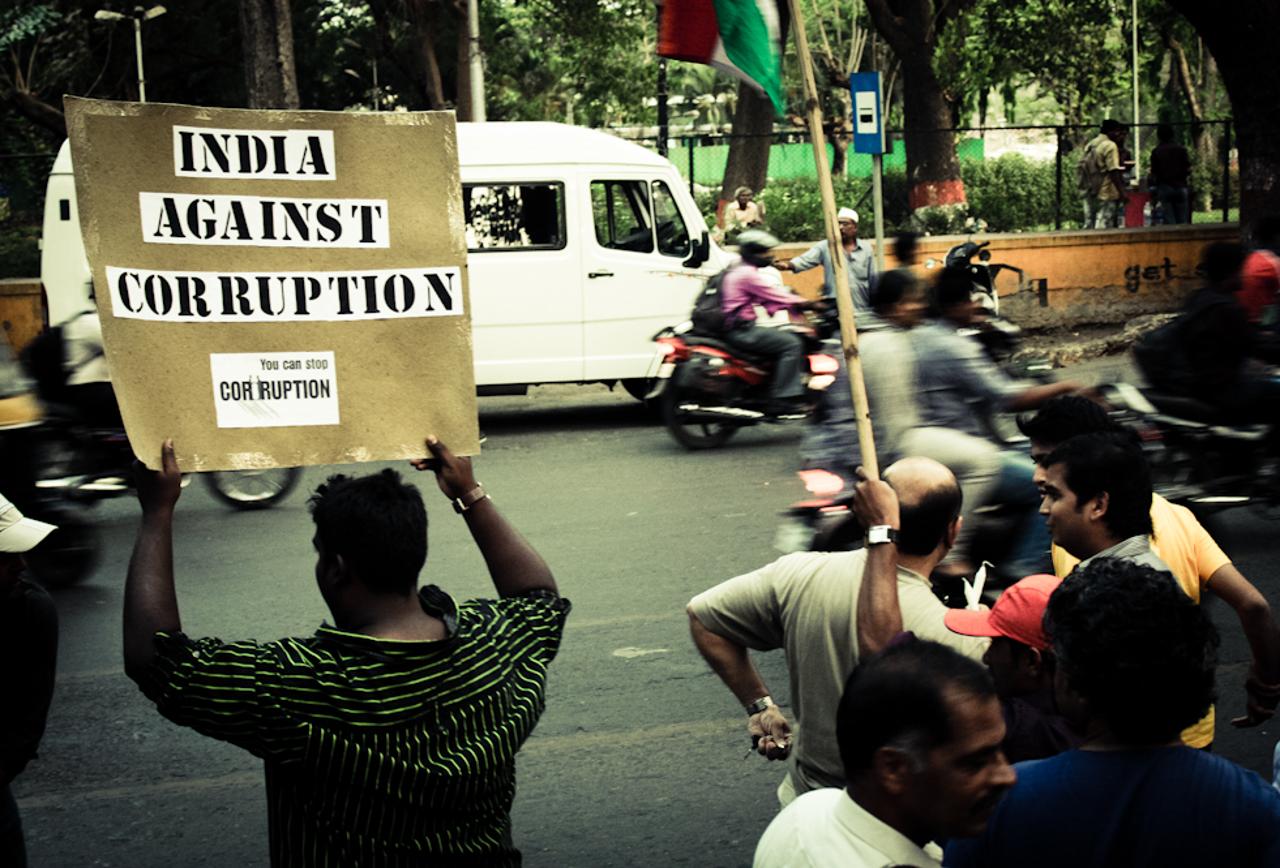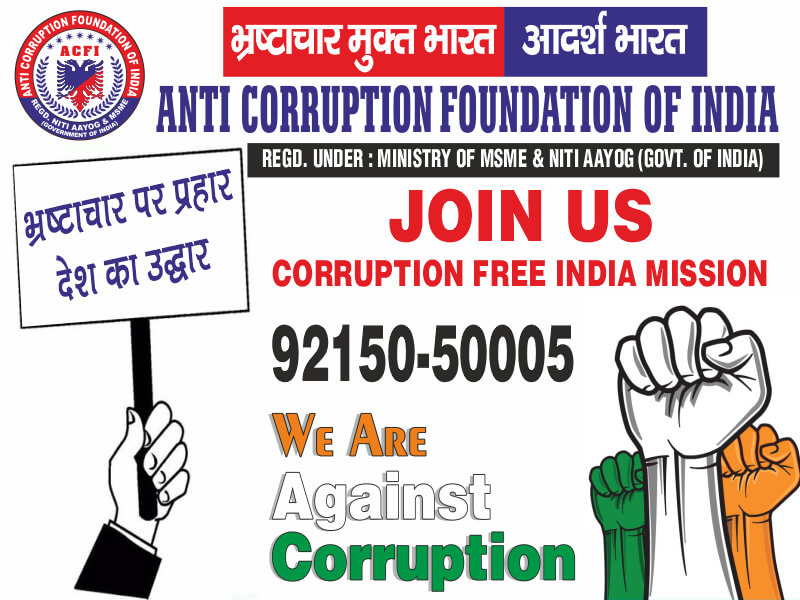Corruption is a persistent problem in India that undermines economic development, democracy, and the rule of law. It erodes trust in government and undermines the integrity of public institutions. In order to eradicate corruption in India, a number of measures need to be taken.
One key measure is to strengthen laws and enforcement mechanisms. India has a number of laws in place to combat corruption, including the Prevention of Corruption Act and the Right to Information Act. However, these laws need to be enforced more effectively. This can be done by increasing the capacity and resources of law enforcement agencies and by providing them with the necessary tools and technology to investigate and prosecute cases of corruption.
Another important measure is to improve transparency and accountability in government. This can be achieved through the implementation of e-governance systems, which can help to reduce the scope for corruption by automating processes and making them more transparent. In addition, public officials should be required to disclose their assets and interests, and there should be mechanisms in place to hold them accountable for any conflicts of interest.
It is also essential to tackle the root causes of corruption, such as poverty, lack of education, and lack of access to justice. This can be done through targeted measures such as education and training programs, and by improving access to justice for marginalized communities.
Another key measure is to increase public awareness and participation in the fight against corruption. This can be achieved through campaigns and programs that educate people about the negative impacts of corruption and encourage them to report corruption when they see it. Civil society organizations and media can also play an important role in raising awareness and promoting transparency and accountability.
Finally, it is important to recognize that combating corruption is not just the responsibility of the government. Private sector organizations also have a role to play in promoting integrity and good governance. This can be done through the adoption of codes of conduct and ethical guidelines, and by promoting transparency and accountability in business operations.
In conclusion, eradicating corruption in India will require a multi-faceted approach that involves strengthening laws and enforcement mechanisms, improving transparency and accountability in government, addressing the root causes of corruption, and increasing public awareness and participation. While it may be a daunting task, it is essential for the long-term prosperity and stability of the country.








